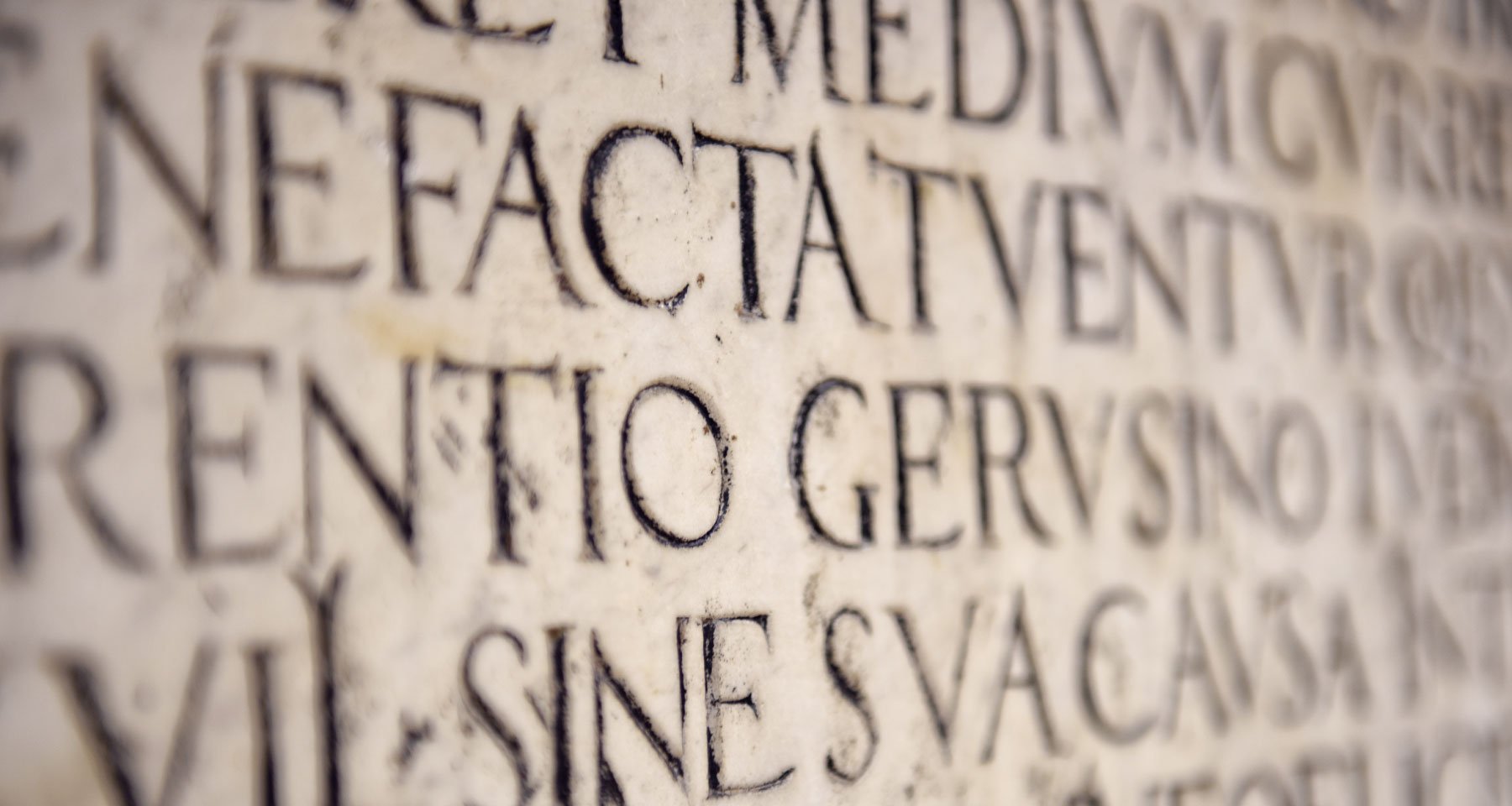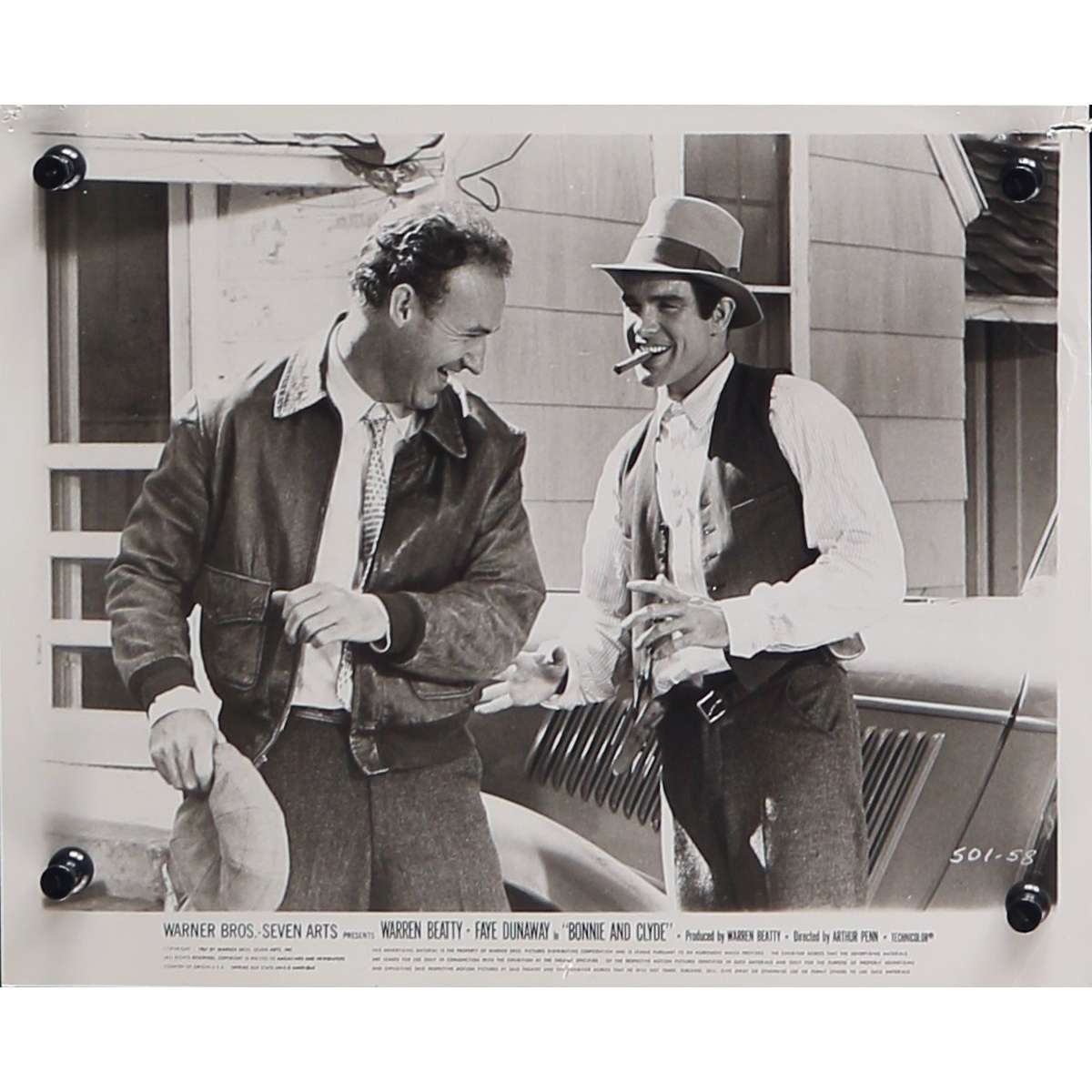Where did easter traditions originate
Table of Contents
Table of Contents
Few things are more synonymous with Easter than colorful eggs, but have you ever stopped to wonder where this tradition came from? The history of Easter eggs is fascinating and has roots in various ancient cultures. Let’s explore Where Did Easter Eggs Originate!
Pain Points of Where Did Easter Eggs Originate
For those unfamiliar with the history of Easter, the concept of Easter eggs might seem odd. Why do we paint and hide eggs this time of year? Furthermore, why are they often associated with the Easter Bunny?
Answering the Target of Where Did Easter Eggs Originate
The history of Easter eggs can be traced back to ancient cultures, including Egyptian, Persian, and Greek. These cultures used eggs as symbols of new life and rebirth. Christians later adopted this tradition and began painting eggs red to symbolize the blood of Jesus. The practice of hiding eggs also emerged during this time, as a way for people to symbolize the resurrection of Christ.
Summary of Where Did Easter Eggs Originate
Overall, the history of Easter eggs is complex and spans various cultures and religions. Today, Easter eggs are more of a cultural tradition than a religious one, but they still hold significant meaning for many people.
Where Did Easter Eggs Originate: Personal Experience
My experience with Easter eggs has always been a fun and lighthearted one. As a child, I loved dyeing eggs with my family and then searching for them in the yard the next day. It wasn’t until I got older that I began to appreciate the deeper meaning behind the tradition.
 Learning about the various cultures and religions that contributed to the tradition of Easter eggs has given me a newfound appreciation for the practice. It’s incredible to think that this simple act of painting and hiding eggs has such rich history.
Learning about the various cultures and religions that contributed to the tradition of Easter eggs has given me a newfound appreciation for the practice. It’s incredible to think that this simple act of painting and hiding eggs has such rich history.
The Significance of Easter Eggs in Different Cultures
While the tradition of Easter eggs is primarily associated with Christian culture, it’s essential to acknowledge that other cultures have their own unique interpretations of the practice. For example, in Persia, people paint eggs as a part of the Nowruz celebration, which marks the start of the Persian New Year. In Chinese culture, eggs are often dyed red to symbolize joy and new beginnings.
 These diverse interpretations of Easter eggs highlight the importance of cultural traditions and the significance they hold for different groups of people. By understanding the history behind different practices, we can gain a deeper appreciation for the richness and diversity of our world.
These diverse interpretations of Easter eggs highlight the importance of cultural traditions and the significance they hold for different groups of people. By understanding the history behind different practices, we can gain a deeper appreciation for the richness and diversity of our world.
The Symbolism of Egg Coloring in Christianity
In Christianity, the colors used to dye Easter eggs hold significant meaning. Red, as previously mentioned, represents the blood of Jesus. Green represents springtime and new life, while yellow symbolizes light and hope. Blue represents the heavens, and purple represents royalty and the sovereignty of Christ.
 These colors, along with the practice of hiding eggs, serve as reminders of the meaning behind Easter and the hope and new life that it represents.
These colors, along with the practice of hiding eggs, serve as reminders of the meaning behind Easter and the hope and new life that it represents.
Question and Answer
1. What was the original significance of Easter eggs?
Easter eggs were originally used as symbols of new life and rebirth in ancient cultures.
2. When did Christians adopt the tradition of Easter eggs?
Christians began painting eggs red to symbolize the blood of Jesus and the resurrection.
3. What do the different colors of Easter eggs represent in Christianity?
Red represents the blood of Jesus, green represents springtime and new life, yellow symbolizes light and hope, blue represents the heavens, and purple represents royalty and the sovereignty of Christ.
4. How do other cultures celebrate Easter eggs?
Other cultures have their unique interpretations of the practice, including dyeing eggs for the Persian New Year celebration and using eggs to symbolize new beginnings in Chinese culture.
Conclusion of Where Did Easter Eggs Originate
The history of Easter eggs is a fascinating one that spans multiple cultures and religions. While the tradition has evolved over the years, it still holds significant meaning for many people today. By understanding the rich history behind Easter and the symbolism of Easter eggs and colors, we can gain a deeper appreciation for the hope and new beginnings that this time of year represents.
Gallery
Where Did Easter Traditions Originate? | Just A Pinch
Photo Credit by: bing.com / originate traditions
Where Did The Easter Bunny And Easter Eggs Come From?

Photo Credit by: bing.com /
Where Did The Easter Bunny Come From? Farmers’ Almanac

Photo Credit by: bing.com / almanac
Where Did Easter Eggs And The Easter Bunny Originate? A Closer Look

Photo Credit by: bing.com /
Where Did Easter Bunny Originate? In Germany, Of Course! | Easter Bunny

Photo Credit by: bing.com /






